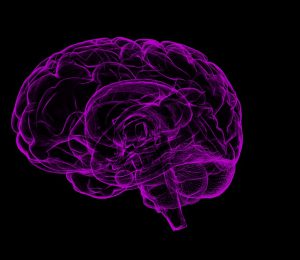Men — more often than women — need passion to succeed at things. It is because they secrete more dopamine, often called the “happy hormone”, suggests a study.
At the same time, the hormone may also be responsible for increased incidences of autism spectrum in boys than girls.
Dopamine is a neurotransmitter that is released in the brain. It can contribute to a feeling of satisfaction. The effects of dopamine are linked to learning, attention and our ability to focus.
“This is interesting. Research shows a more active dopamine system in most men” than in women, said Hermundur Sigmundsson, Professor at the Norwegian University of Science and Technology’s (NTNU) Department of Psychology.
The study, published in the journal New Ideas in Psychology, tested 917 people (502 women and 415 men) aged 14 to 77, to understand men and women’s differing activity in the dopamine system.
“We looked at gender differences around passion, self-discipline and positive attitude,” Sigmundsson said. The study refers to these qualities as passion, grit and mindset.
The results for the women, however, are somewhat more ambiguous than men’s strong need to burn for something, and this study found no such gender difference, the researchers said.
While the dopamine system has earlier been associated with different conditions, such as ADHD, psychoses, manias and Parkinson’s disease, the new study found it may be also linked to a certain form of autistic behaviour.
Some individuals with autism may become very interested in certain topics, which can be a bit unusual, or even strange, for most people. People on the autism spectrum can focus intensely on these topics or pursuits, at least for a while. Dopamine may play a role.
“Other research in neuroscience has shown hyperactivity in the dopamine system in individuals with autism, and boys make up four out of five children on the autism spectrum. This, and dopamine’s relationship to passion, might be a mechanism that helps to explain this behaviour,” Sigmundsson noted.
IANS






































